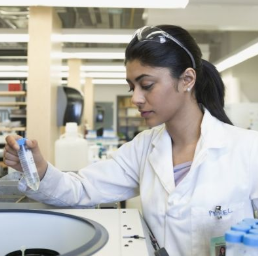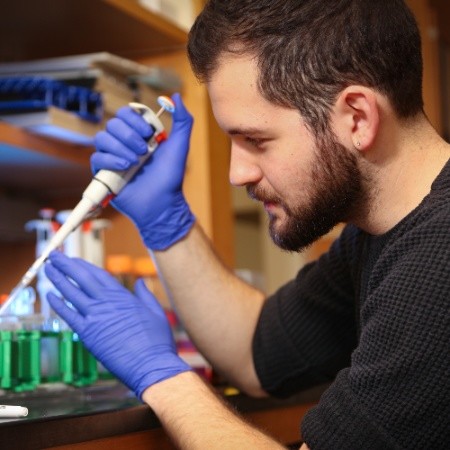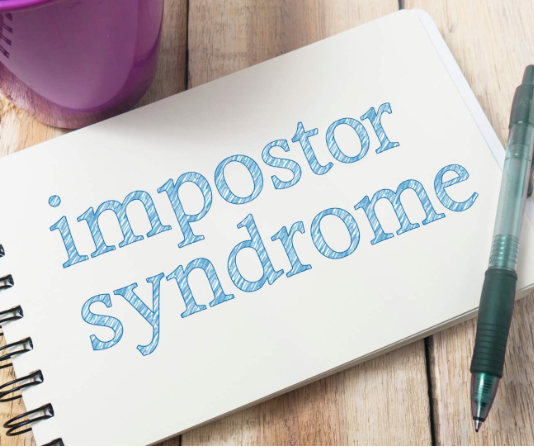Sharing the URBEST Mission With Popular Media
News Article by Tracey Baas, URBEST Executive Director
I was offered the opportunity to be interviewed by a journalist from U.S. News & World Report about the topic What You Can Do With a Biology Degree. She was OK with the idea that I worked primarily with PhD graduate students, not undergrads, whose fields were not only biology but a variety of biomedical programs. Although the journalist and I weren’t able to schedule a phone interview, she let me provide some ideas and talking points through email for her article. When I first started reading her piece, imposter syndrome hit me, but then I let it go. I realized I did a pretty good job of sharing the mission of the URBEST program, after four years of practice.
A Summer Adventure in San Francisco as an Insight Data Science Fellow
News Article by Binshuang Li, PhD Candidate in Biology
Data science had not been on my radar until about two years ago, when a program director at Insight Data Science Insight visited UR. During the seminar, I immediately realized it could be a great fit for me. At that time, I had already started doing an online master degree in computer science while pursuing my PhD in Biology. I knew that an industrial job would be a better fit for me, yet I was not entirely convinced that I wanted to be a programmer. After the seminar, I did more research and found that data science is a fast-growing, in-demand field that has attracted a lot of people from academia. I decided that I was going to apply to this program once I was in the final stage of my PhD.
Research Roundup: Dealing with Failure and an Unfunded Grant Application
News Article by Steve Dewhurst, Vice Dean for Research
Dealing with failure and an unfunded grant application is a horrible feeling. A private hurt that’s immeasurably hard to share with colleagues, family and friends. That’s because the narrative is one of failure. But, I’ve chosen to write about it anyway – because we’ve all been here. Because shame thrives in secrecy and loses its power when we talk about it. It’s also true that a life in science requires resilience -- the ability to pick oneself up after a fall and to learn and improve from failure. No one ever said that it would be easy.
So You Don’t Have Time to be an Intern...
News Article by Scott Friedland, MD/PhD student
Many graduate students have varied overlapping academic goals and interests, or a hazy-at-best sense of their options when it comes to navigating from their current study into future projects or career choices. Some also need more help than others in finding the time or resources to explore opportunities in their fields that don’t already dovetail neatly with their established career trajectories or fit within their considerable academic constraints. As an MD/PhD student, for example, my career path is, for the most part, laid out in front of me: when I finish my PhD, I will return to medical school for two years, and then apply for residency, not getting back into the lab for at least four years -- at this pace, an internship is never going to happen. But URBEST is dedicated to helping students explore all their options beyond their current coursework via regular workshops and seminars, and by helping students find and finance unique learning experiences they may not otherwise have considered pursuing. The following is my story that I offer to encourage the University of Rochester’s graduate students to consider connecting with URBEST and to pursue additional academic interests and skill-sets, even when an internship is not a viable option.
Imposter Syndrome: Overcoming the Fear of Being a Fraud
News Article By Sarah Dickenson (Phelan), PhD Candidate in Toxicology
No one likes to spend their day feeling like they don’t belong. While this may seem strange, it’s actually surprisingly common and is referred to as “imposter syndrome”. Harvard Business Review defined imposter syndrome as “a collection of feelings of inadequacy that persist despite evident success.” I personally started experiencing this early in my grad school career. I felt as if I didn’t deserve to be there and that I was a fraud. These feelings seem to be particularly common among scientists, and I wanted to write a short blog post about how I deal with it in case it may help others.





